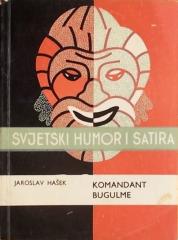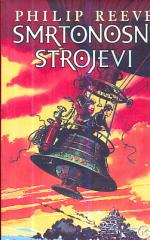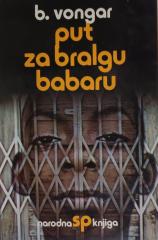
Doživljaji dobrog vojnika Švejka
Eines der beliebtesten Werke humorvoller Prosa weltweit, geschrieben zwischen 1921 und 1923. Die satirische Antikriegsgeschichte handelt von Josef Schwejk, einem einfältigen tschechischen Soldaten, während des Ersten Weltkriegs in der österreichisch-ungar
Schwejk, ein Hundehändler aus Prag, wird zur Armee eingezogen. Sein scheinbar idiotischer Gehorsam und seine wörtliche Befehlsübernahme verursachen Chaos und verspotten die Militärbürokratie und die Absurdität des Krieges. Die Handlung verfolgt Schwejks Abenteuer von der Rekrutierung über Militärlazarette und Gefängnisse bis hin zur Front.
In mehreren Episoden schildert Hašek seine Gespräche mit Vorgesetzten wie Leutnant Lukaš und anderen Soldaten, in denen Schwejks witzige Anekdoten und endlose Geschichten die Absurdität von Autorität und Kriegsideologien entlarven. Seine scheinbare Dummheit ist in Wirklichkeit eine subtile Rebellion gegen das System. Der Roman ist reich an Humor, ironischen Kommentaren und Kritik an gesellschaftlichen Normen, insbesondere an militärischer Disziplin und Nationalismus.
Das in vier Teile gegliederte Werk blieb aufgrund von Hašeks Tod im Jahr 1923 unvollendet und umfasst insgesamt etwa 800 Seiten. Es ist in einer lebendigen, umgangssprachlichen Sprache geschrieben, die Schwejks ethnische Herkunft betont. Schwejk ist eine universelle Satire auf die menschliche Natur und die Sinnlosigkeit des Krieges und hat einen nachhaltigen Einfluss auf die Weltliteratur.
Weitere Exemplare sind verfügbar





